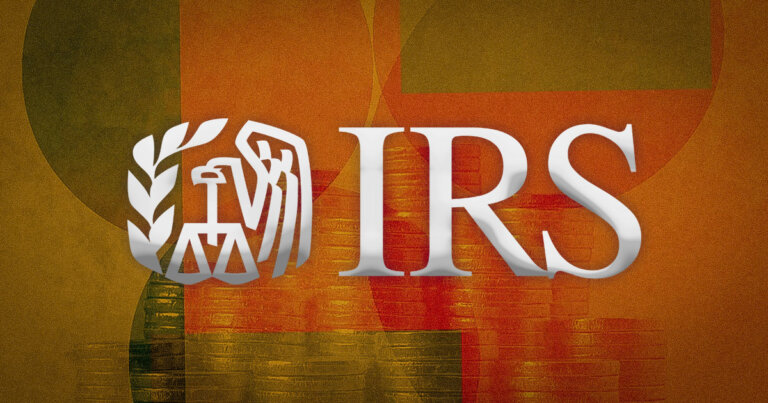 IRS clarifies rules on crypto staking rewards
IRS clarifies rules on crypto staking rewards IRS clarifies rules on crypto staking rewards
The Internal Revenue Service issued new guidelines on July 31, outlining its stance on taxing cryptocurrency staking rewards.

Cover art/illustration via CryptoSlate. Image includes combined content which may include AI-generated content.
The Internal Revenue Service issued new guidelines on July 31, outlining its stance on taxing cryptocurrency staking rewards.
The new directives stipulate that taxpayers who engage in staking of cryptocurrency native to a proof-of-stake blockchain and subsequently receive additional cryptocurrency units as validation rewards are required to include the value of these rewards in their gross income within the same taxable year of receipt.
The rule is specific to cash-method taxpayers. It determines that the exact value to be reported is the fair market value of the cryptocurrency at the point when the taxpayer establishes “dominion and control” over the rewards. This usually coincides with the ability to sell, exchange, or otherwise transact with the received units.
Digital representation of value
The Internal Revenue Code defines a digital asset as a “digital representation of value recorded on a cryptographically secured distributed ledger or similar technology.” This includes, but is not limited to, convertible virtual currencies and cryptocurrencies.
In 2022, two cryptocurrency investors sought a tax refund for taxes paid on Tezos (XTZ) staking rewards, arguing that staking proceeds should not be taxed as income since staking engenders new property. They contested the matter in court and even rejected a refund proposal by the IRS to obtain a formal ruling. However, the case was dismissed in October 2022 and has remained dormant since appeals commenced in November.
Though that case failed to produce a ruling, the IRS’ website suggests that staking income should be treated as taxable income alongside mining income.
The recent guidance from the IRS follows closely after resolving a separate cryptocurrency tax dispute. Cryptocurrency exchange, Kraken, was ordered to furnish the IRS with specific investor data on June 30. However, it managed to limit the scope of the agency’s requests through successful legal negotiations.



























































